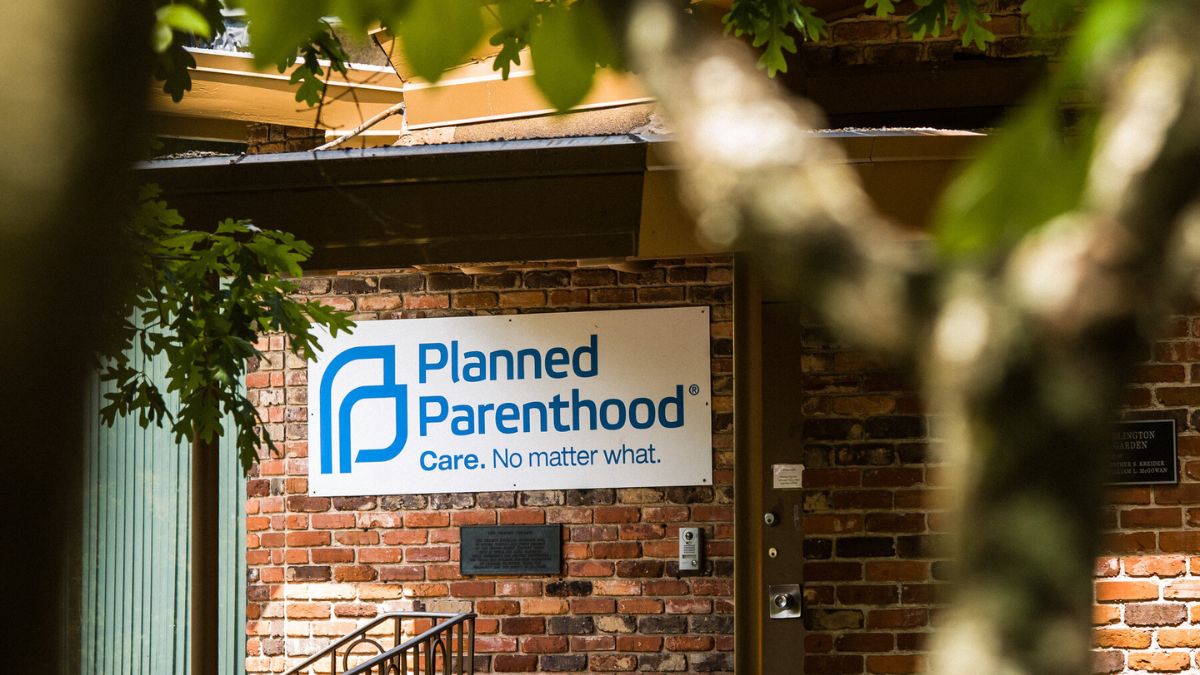


You’re a Christian. You sense God has more for you. You want to go deeper. You want to make a difference.

I meet folks all the time who sense that things have changed. What Francis Schaeffer and Chuck Colson once called “a post-Christian” culture has become a “post-Christian-and-darn-proud-of-it” culture. Living out your faith is, well, difficult these days. And it’s frustrating.
Yet here we are. We, like every other generation of Christ followers, are still called to share our faith in this cultural moment. We’re still called to live our faith out in our communities, places of work, neighborhoods, etc. But how do we do this?
The most important thing, Chuck Colson believed, was to be equipped in Christian worldview, with the ability to communicate it in what he sometimes called “prudential language.” Here’s Chuck describing what that means.
While we have to be immersed in scripture and understand it fully, we also have to know when and how to use it in public discourse.
Let me give you an example. G. K. Chesterton, the famous British writer, was once invited to a meeting of the leading intellectuals in England. They were asked if they were shipwrecked on an island, what would be the one book they would want to have with them. Everybody expected Chesterton, a prominent Christian, to say “the Bible.”
When it came his turn to speak, however, Chesterton said that if he were shipwrecked on a desert island, he’d like to have “Thomas’s Guide to Practical Shipbuilding.”
The point is that oftentimes we need to understand things that aren’t covered in the Bible. And we need to understand things that help us apply biblical teaching to all of life. This is why I teach biblical worldview.
A man once told Oswald Chambers that he read only the Bible. Listen to what Chambers said:
“My strong advice to you is to soak, soak, soak in philosophy and psychology, until you know more of these subjects than ever you need consciously to think. It is ignorance of these subjects on the part of ministers and workers that has brought our evangelical theology to such a sorry plight…The man who reads only the Bible does not, as a rule, know it or human life.”
And when it comes to making a biblical case on any hot topic—taxes, the deficit, homosexuality, whatever—we need to understand the issue and how to make that case in a way that is accessible to believers and non-believers alike.
The sad fact is that today, starting a conversation with “the Bible says” will often cause the listener to stop listening. So what you do is make arguments based on what the Reformers called common grace, or what historically has been known as natural law.
This is what Paul did when he gave his famous sermon at Mars Hill, his first foray into the Greek culture. He quoted Greek poets; he referred to Greek artifacts. He thoroughly engaged their culture. And then he used their beliefs to lead directly into the gospel.
This is why we’ve got to study biblical worldview, to compare how the Bible works out in life versus how other systems of thought do. I assure you: You will see that the biblical way is the only way to make sense of the world, to live rationally in the world, and eventually, your friends will see this as well.
That vision led Chuck to start an exclusive nine-month training program for Christians that is now known as the Colson Fellows. The program is intense: reading the best worldview books, participating in teleconferences with top Christian leaders, and attending three in-person residencies with the best worldview teachers in the country. Now it’s not for everyone, but if your heart is being tugged to go deeper in the way that Chuck described, it may be for you.
The next class of Colson Fellows will begin their study near the end of summer, and the deadline to apply is May 15. Visit ColsonFellows.org to learn more.
Further Reading and Information
Know the Truth, Know the Culture: Acquiring the Tools of a Christian Worldview
Take the opportunity to learn to navigate today’s culture and re-shape it in a way that is pleasing to God. Get more information on the Colson Fellows Program by clicking on the link below. But hurry–the application deadline is May 15.
Resources
Colson Fellows Program
website
Have a Follow-up Question?
Want to dig deeper?
If you want to challenge yourself as many others have done, sign up below.
Webinars
Short Courses
Up
Next














